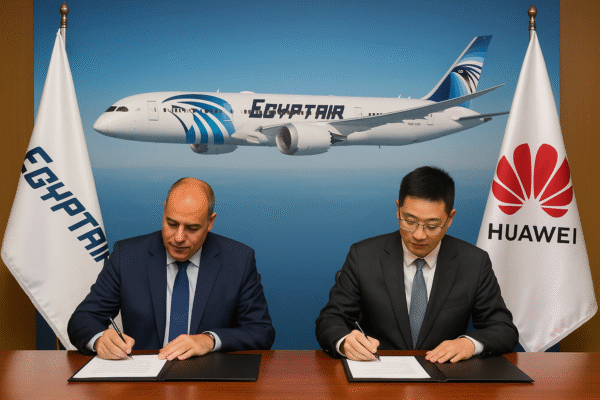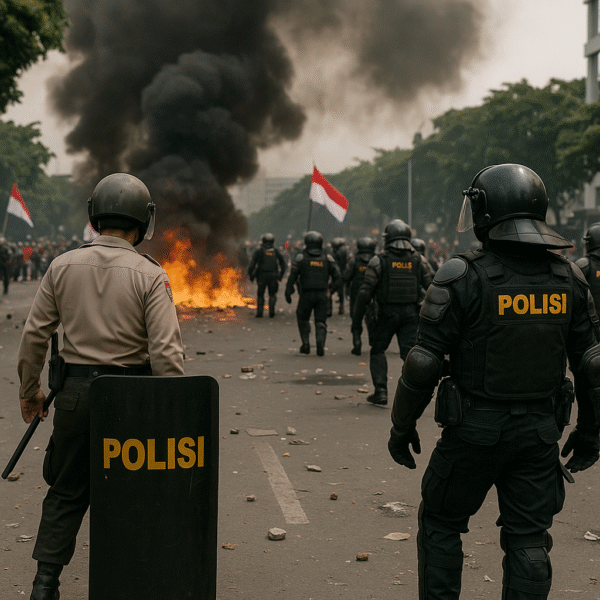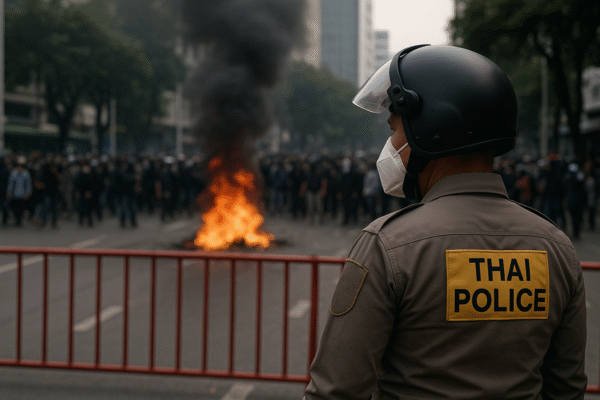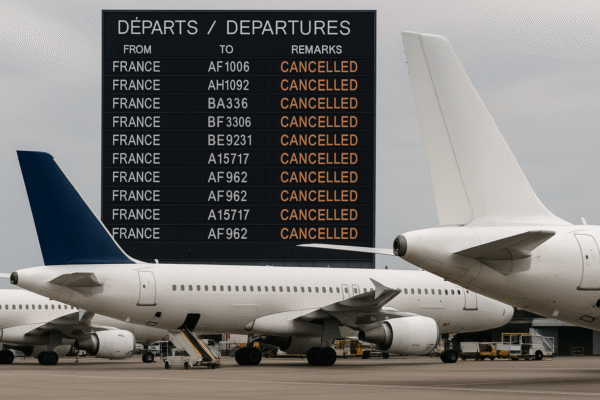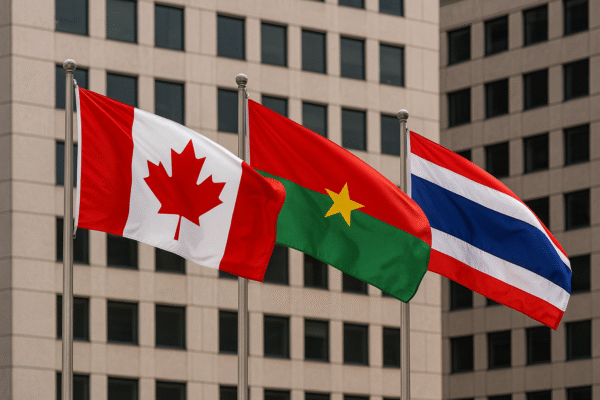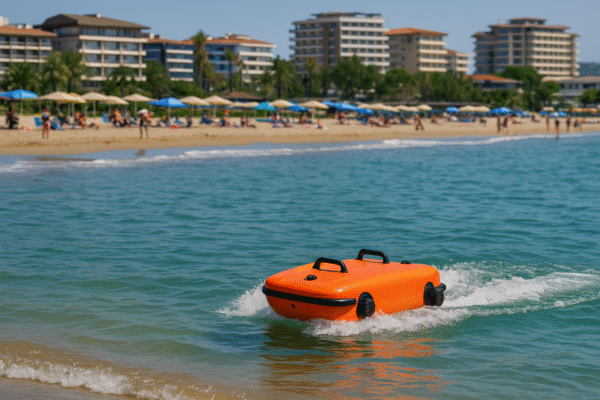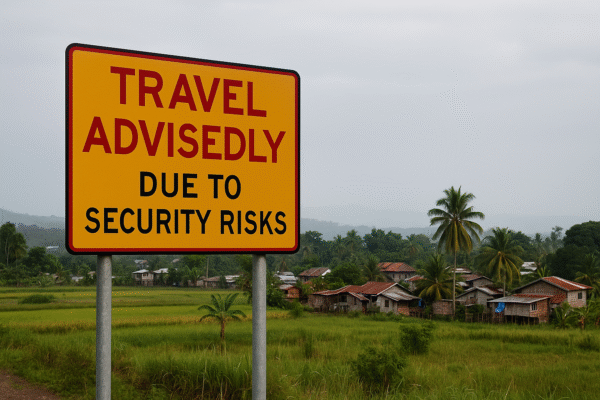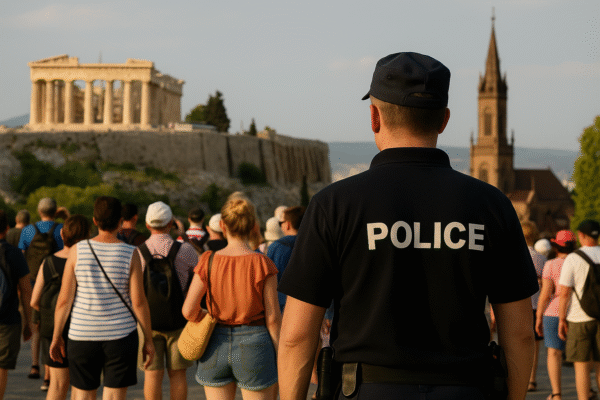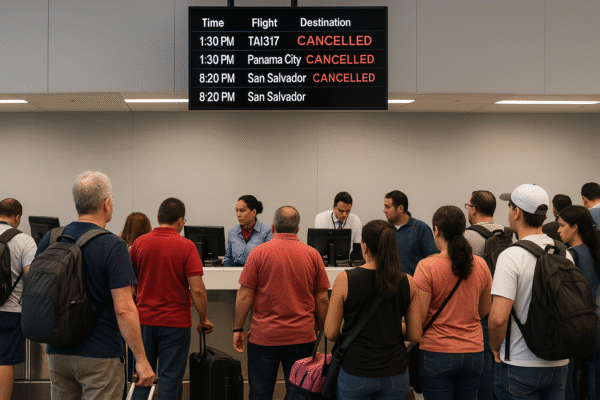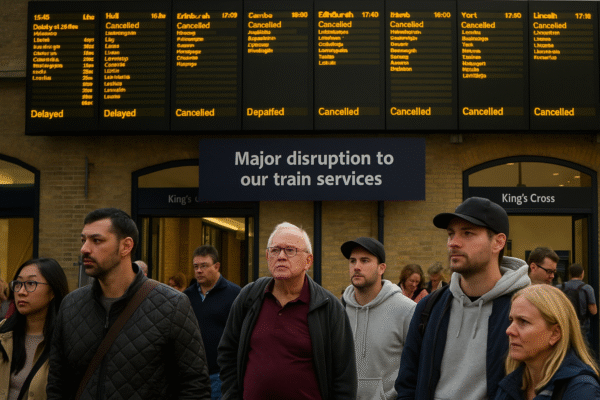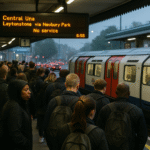Tourists and commuters across London are facing serious transport delays as a major disruption spread through the UK capital’s rail and underground systems, including King’s Cross station, one of the city’s busiest travel hubs. Ongoing technical problems with the signalling network near Peterborough have caused a cascade of delays and cancellations across multiple operators, including LNER, EMR, CrossCountry, Hull Trains, Grand Central, and Lumo.
According to Network Rail, the issue began with a critical fault in the signalling system between Grantham and Peterborough, which has delayed trains by up to 90 minutes and halted several routes altogether. This has led to significant knock-on effects across the East Coast Main Line, severely impacting journeys in and out of London.
Tourists attempting to visit major attractions such as the British Museum, Buckingham Palace, and Westminster Abbey have reported long waits, missed bookings, and confusion over alternative travel options.
London’s Tube and Trams Also Crippled by Service Interruptions
The overground rail issues have been compounded by severe disruptions across London Underground and London Trams. Transport for London (TfL) reported that several lines—including the Metropolitan, Jubilee, and Circle lines—have been experiencing suspended or limited service, particularly between Wembley Park, Uxbridge, and Aldgate, due to signalling failures at Harrow-on-the-Hill.
The Docklands Light Railway (DLR) is operating on a reduced schedule, and tram services between Wimbledon and East Croydon are partially closed. TfL has advised all travellers to check service status updates in real-time and consider walking or using buses where feasible, although congestion above ground has also intensified.
Tourism Takes a Hit as London’s Visitors Face Gridlock
London consistently ranks among the top global tourist destinations, attracting over 30 million international visitors annually, according to VisitBritain. A city so heavily dependent on public transportation is particularly vulnerable when disruptions strike.
“Efficient transport is vital for the success of London’s tourism sector,” said a spokesperson for London & Partners, the city’s official tourism promotion agency. “Major interchanges like King’s Cross are not just commuter hubs; they are gateways for tourists arriving from across the UK and Europe.”
Foreign visitors unfamiliar with the intricacies of the city’s multi-layered rail and Tube systems have been among the most affected. Lengthy delays between landmarks have led to missed tours and entry times, with families and elderly travelers struggling to find alternatives.
For example, a typical 20-minute journey from King’s Cross to the Tower of London now takes over an hour due to rerouted services, and with crowding on alternative lines, passengers are often left standing for long periods.
Business and Commuter Frustration Grows Amid Prolonged Delays
While tourists face inconvenience, Londoners and business travellers are grappling with even greater frustration. Thousands of commuters rely daily on routes affected by the disruptions. Local businesses, especially those operating near affected stations or dependent on client meetings and deliveries, report mounting economic pressure.
According to Transport Focus, a passenger watchdog, “The cumulative delays are not just affecting individuals but entire business sectors across London.” Conferences have been delayed, job interviews missed, and flexible working arrangements put under stress.
Government and Network Rail Acknowledge Severity, Urge Patience
Network Rail engineers are on-site near Peterborough, working to locate and repair the root of the signalling failures. Temporary fixes have failed to hold, and no concrete timeline has been given for a full resolution. The Department for Transport has urged passengers to “avoid non-essential travel” until further notice.
“We understand the seriousness of the disruption, especially during the high summer travel season,” said a DfT spokesperson, adding that emergency support teams and extra buses were being deployed where possible.
TfL and National Rail have advised travellers to monitor real-time updates via their official websites and apps. Affected ticket holders may be eligible for refunds or compensation under the Delay Repay scheme.
Will the Crisis Impact London’s Global Tourism Appeal?
Despite the chaos, tourism experts believe London’s global appeal will weather the storm. “This isn’t the first time the capital has faced setbacks,” said tourism analyst Clare Newton. “From Brexit to the pandemic, London always bounces back due to its unmatched cultural heritage and urban energy.”
Still, there’s growing concern about long-term damage to the city’s reputation if transport issues become recurring. International visitors from countries with more seamless transit systems may hesitate to return if they associate London with stress and inaccessibility.
The Mayor of London’s office has acknowledged the need for greater investment in ageing infrastructure and better crisis contingency plans. Plans are already in place to accelerate upgrades to Tube signalling and expand the Elizabeth line, which has proven more resilient during this disruption.
Travel Tips for Tourists in London During Disruptions
If you’re currently in London or planning to arrive over the coming days, here are a few practical tips:
- Use TfL Go App or National Rail Enquiries for real-time updates.
- Allow extra travel time between major attractions.
- Consider cycling or walking routes as alternatives.
- If visiting from abroad, consult your hotel’s concierge for tailored transport advice.
- Check if your attraction tickets allow for flexible entry in case of delays.
Conclusion
As London grapples with widespread travel disruption, visitors are being urged to stay informed and adaptable. While the situation is frustrating, especially during peak tourist season, many of London’s iconic experiences remain accessible for those willing to navigate around the delays.
The crisis highlights the vital need for investment in the capital’s transport resilience. Until then, patience and planning remain the best tools for tourists hoping to explore this world-class city during a challenging moment in its travel history.
For more travel news like this, keep reading Global Travel Wire

